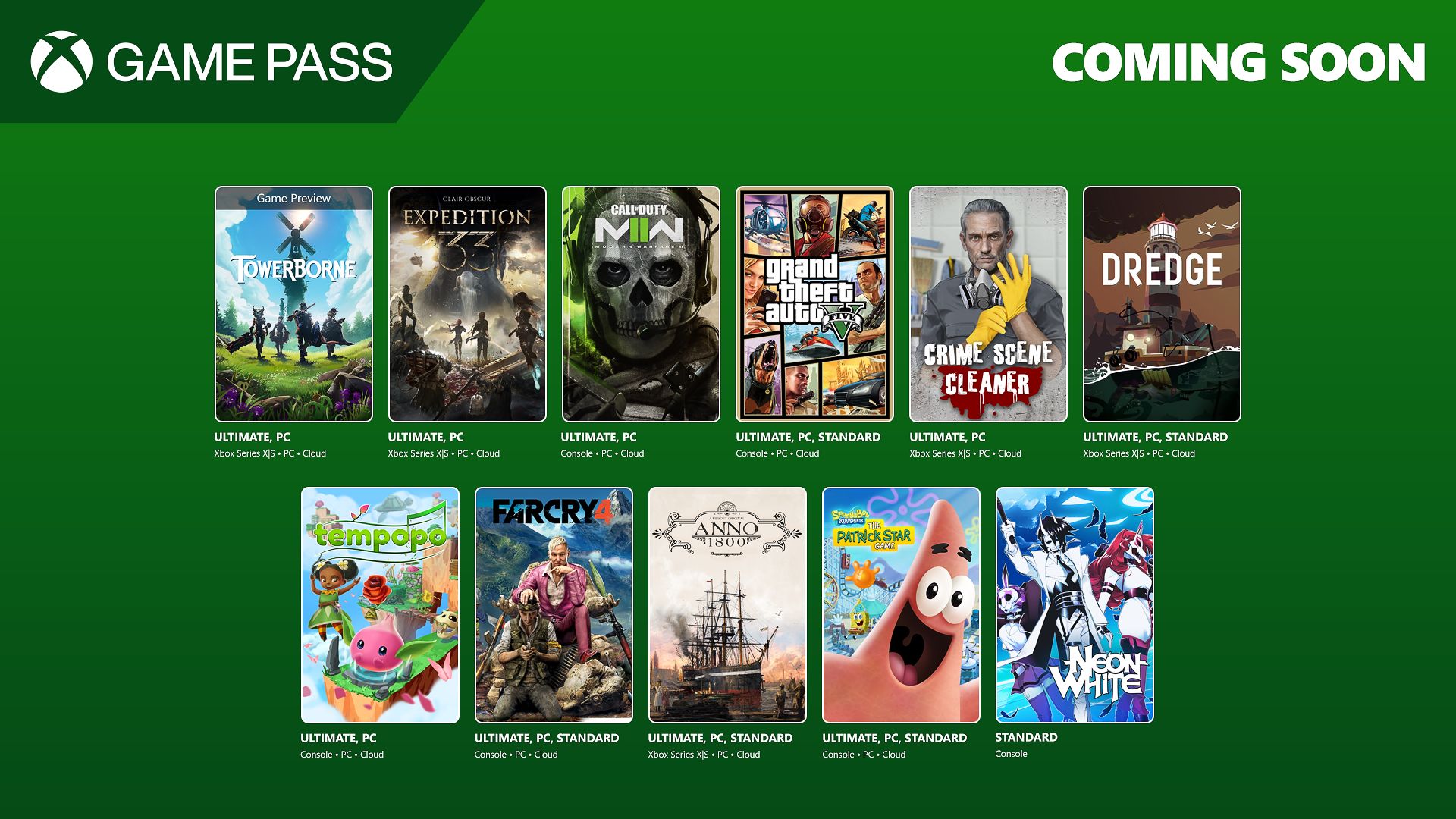What key skills define a great Ludo software developer?
A great Ludo software developer possesses a diverse set of skills that enable them to create a seamless, engaging, and high-performance Ludo game. These skills span across both technical and non-technical areas, ensuring that the game is not only well-designed but also optimized for different platforms. Below are the key skills that define a great Ludo software developer: Strong Programming Skills Core Languages: A great Ludo developer is proficient in languages such as JavaScript, Python, C++, or Java. These languages are often used for the game’s logic, real-time multiplayer integration, and backend development. Mobile Development: Knowledge of Swift for iOS or Kotlin/Java for Android is essential for mobile game development. A developer with expertise in these languages can ensure the game is optimized for both iOS and Android platforms. Game Development Frameworks and Engines Game Engines: Familiarity with game engines like Unity (C#), Unreal Engine (C++), or Godot is important for handling game physics, animations, and real-time multiplayer features. HTML5 & CSS3: For browser-based games, developers should be proficient in HTML5 and CSS3 to create engaging, responsive user interfaces. Backend Development Server-Side Technologies: A good Ludo developer is skilled in backend technologies like Node.js, Ruby on Rails, or Django for managing user data, game sessions, multiplayer logic, and real-time interactions. Database Management: Experience with SQL or NoSQL databases (e.g., MongoDB, MySQL) is necessary to manage game data, user profiles, match histories, and in-game purchases securely. Real-Time Multiplayer Development WebSockets & Networking: Since Ludo is a multiplayer game, developers must be proficient in WebSockets or similar technologies to enable real-time communication between players. They must ensure that moves, dice rolls, and interactions are synced properly across devices. Multiplayer Architecture: Knowledge of client-server architecture and handling concurrent users is critical for ensuring smooth gameplay and preventing lag or server crashes during multiplayer sessions. Game Logic and AI Integration Game Mechanics: A strong understanding of game mechanics is crucial. Developers need to implement Ludo's rule system, such as dice rolling, movement of tokens, safe zones, and winning conditions. They must also handle edge cases (e.g., player disconnections) and ensure fairness in gameplay. AI Development: For single-player modes or AI opponents, developers need to implement artificial intelligence that can mimic human behavior. This involves creating an intelligent bot that can analyze the board, make decisions, and provide an engaging challenge for players. UI/UX Design Skills User Interface (UI): A great Ludo developer understands the importance of a simple, intuitive UI. They design elements such as the game board, dice, player avatars, and buttons to be visually appealing and user-friendly. User Experience (UX): Ensuring a smooth experience, especially with multiplayer games, is essential. The developer ensures quick loading times, simple onboarding, and easy navigation, contributing to an engaging experience that keeps players coming back. Cross-Platform Development Mobile and Web Integration: A great developer should be able to make the game playable across multiple platforms, including web, iOS, and Android. Knowledge of React Native, Flutter, or Xamarin allows developers to create cross-platform apps with shared codebases, ensuring consistent gameplay across devices. Device Compatibility: Ensuring the game works seamlessly across various screen sizes, resolutions, and device capabilities is essential for a positive user experience. Performance Optimization Efficient Code: Ludo games often involve multiple players and animations. A great developer writes clean, optimized code that minimizes load times and lag. They focus on optimizing the game’s performance, especially in real-time interactions and multiplayer environments. Memory Management: The developer ensures that the game consumes minimal system resources, especially when handling real-time data, ensuring smooth gameplay across devices with varying performance capabilities. Security and Data Protection Data Encryption: Developers must implement encryption and secure data handling for user accounts, game progress, and in-app purchases. They ensure that sensitive data, such as personal and financial information, is protected. Anti-Cheating Measures: A great Ludo developer incorporates measures to prevent cheating, such as preventing players from manipulating the game through bots or altering the game code. Testing and Debugging Quality Assurance (QA): Ludo developers are experienced in testing for bugs, performance issues, and security vulnerabilities. They use both manual and automated testing methods to ensure the game is free of bugs and functions as expected. Debugging Tools: Proficiency with debugging tool
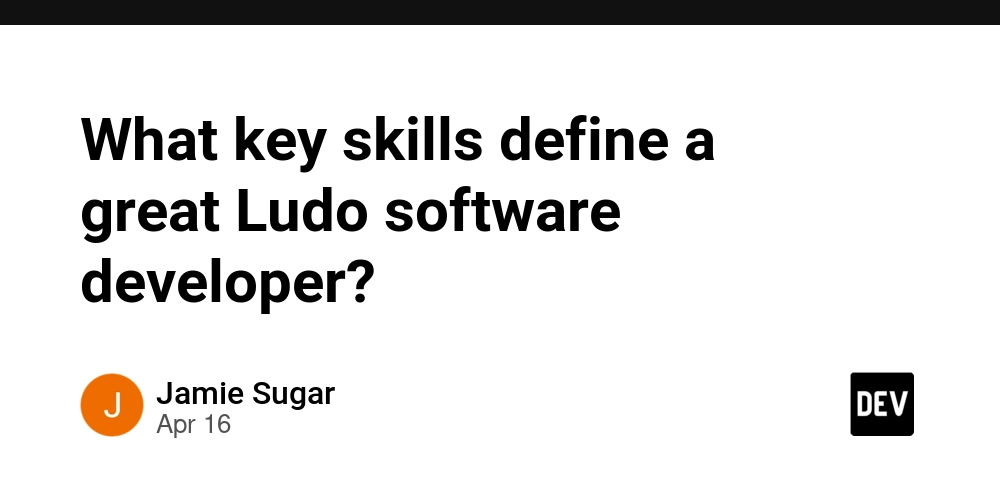
A great Ludo software developer possesses a diverse set of skills that enable them to create a seamless, engaging, and high-performance Ludo game. These skills span across both technical and non-technical areas, ensuring that the game is not only well-designed but also optimized for different platforms. Below are the key skills that define a great Ludo software developer:
Strong Programming Skills
Core Languages: A great Ludo developer is proficient in languages such as JavaScript, Python, C++, or Java. These languages are often used for the game’s logic, real-time multiplayer integration, and backend development.
Mobile Development: Knowledge of Swift for iOS or Kotlin/Java for Android is essential for mobile game development. A developer with expertise in these languages can ensure the game is optimized for both iOS and Android platforms.
Game Development Frameworks and Engines
Game Engines: Familiarity with game engines like Unity (C#), Unreal Engine (C++), or Godot is important for handling game physics, animations, and real-time multiplayer features.
HTML5 & CSS3: For browser-based games, developers should be proficient in HTML5 and CSS3 to create engaging, responsive user interfaces.
Backend Development
Server-Side Technologies: A good Ludo developer is skilled in backend technologies like Node.js, Ruby on Rails, or Django for managing user data, game sessions, multiplayer logic, and real-time interactions.
Database Management: Experience with SQL or NoSQL databases (e.g., MongoDB, MySQL) is necessary to manage game data, user profiles, match histories, and in-game purchases securely.
Real-Time Multiplayer Development
WebSockets & Networking: Since Ludo is a multiplayer game, developers must be proficient in WebSockets or similar technologies to enable real-time communication between players. They must ensure that moves, dice rolls, and interactions are synced properly across devices.
Multiplayer Architecture: Knowledge of client-server architecture and handling concurrent users is critical for ensuring smooth gameplay and preventing lag or server crashes during multiplayer sessions.
Game Logic and AI Integration
Game Mechanics: A strong understanding of game mechanics is crucial. Developers need to implement Ludo's rule system, such as dice rolling, movement of tokens, safe zones, and winning conditions. They must also handle edge cases (e.g., player disconnections) and ensure fairness in gameplay.
AI Development: For single-player modes or AI opponents, developers need to implement artificial intelligence that can mimic human behavior. This involves creating an intelligent bot that can analyze the board, make decisions, and provide an engaging challenge for players.
UI/UX Design Skills
User Interface (UI): A great Ludo developer understands the importance of a simple, intuitive UI. They design elements such as the game board, dice, player avatars, and buttons to be visually appealing and user-friendly.
User Experience (UX): Ensuring a smooth experience, especially with multiplayer games, is essential. The developer ensures quick loading times, simple onboarding, and easy navigation, contributing to an engaging experience that keeps players coming back.
Cross-Platform Development
Mobile and Web Integration: A great developer should be able to make the game playable across multiple platforms, including web, iOS, and Android. Knowledge of React Native, Flutter, or Xamarin allows developers to create cross-platform apps with shared codebases, ensuring consistent gameplay across devices.
Device Compatibility: Ensuring the game works seamlessly across various screen sizes, resolutions, and device capabilities is essential for a positive user experience.
Performance Optimization
Efficient Code: Ludo games often involve multiple players and animations. A great developer writes clean, optimized code that minimizes load times and lag. They focus on optimizing the game’s performance, especially in real-time interactions and multiplayer environments.
Memory Management: The developer ensures that the game consumes minimal system resources, especially when handling real-time data, ensuring smooth gameplay across devices with varying performance capabilities.
Security and Data Protection
Data Encryption: Developers must implement encryption and secure data handling for user accounts, game progress, and in-app purchases. They ensure that sensitive data, such as personal and financial information, is protected.
Anti-Cheating Measures: A great Ludo developer incorporates measures to prevent cheating, such as preventing players from manipulating the game through bots or altering the game code.
Testing and Debugging
Quality Assurance (QA): Ludo developers are experienced in testing for bugs, performance issues, and security vulnerabilities. They use both manual and automated testing methods to ensure the game is free of bugs and functions as expected.
Debugging Tools: Proficiency with debugging tools is essential for identifying and fixing issues that arise during development, especially when working with complex multiplayer interactions or real-time game states.
Continuous Learning and Adaptability
Keeping Up with Trends: The gaming industry evolves rapidly, and a great Ludo developer is always learning new technologies, trends, and techniques. Whether it's adopting blockchain technology for secure in-game transactions or adding Augmented Reality (AR) features, staying up-to-date helps in creating innovative games.
User Feedback Integration: A great developer listens to player feedback and adapts the game to improve the experience. They may add new features, tweak game balance, or optimize performance based on user reviews and insights.




















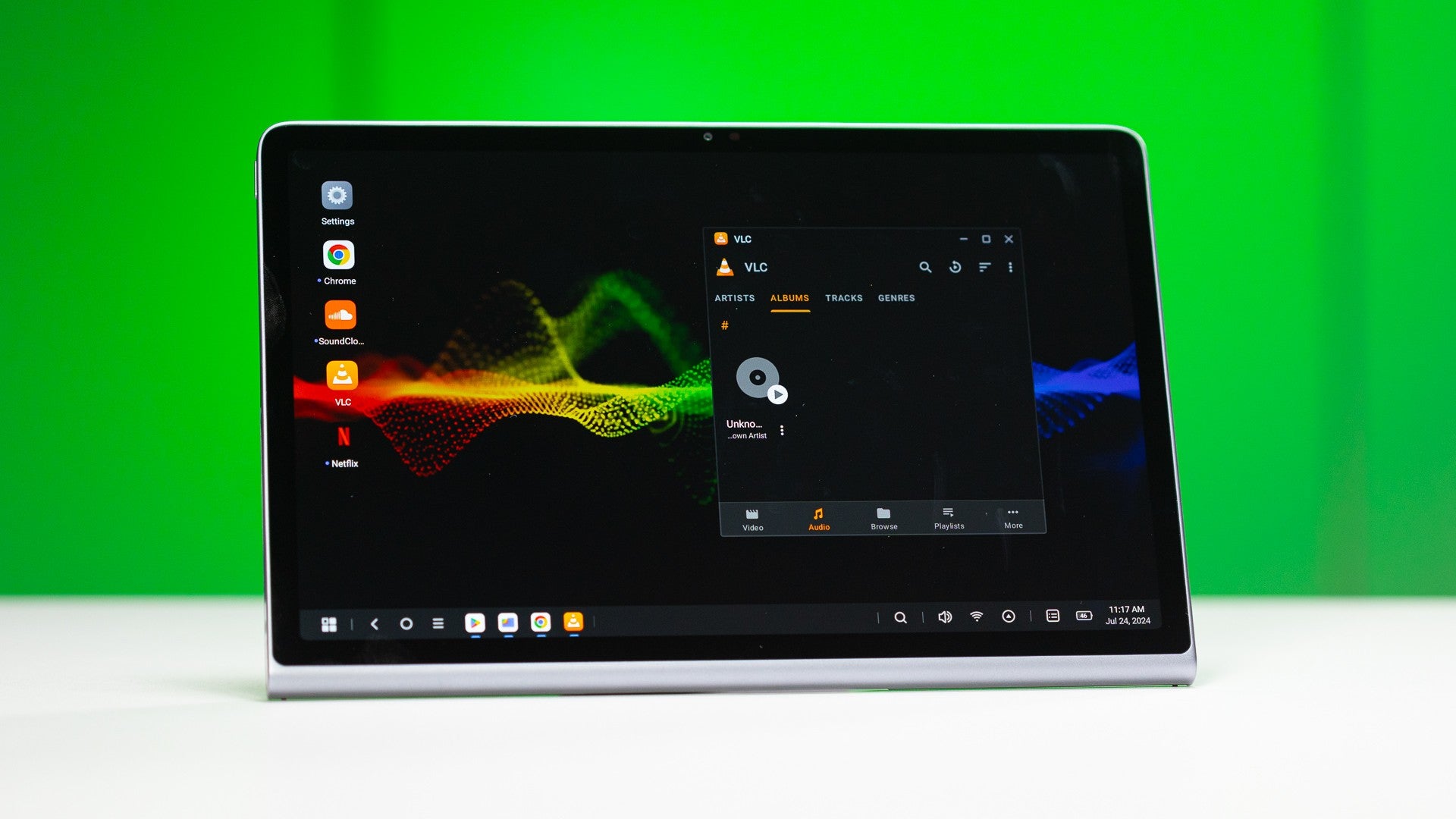

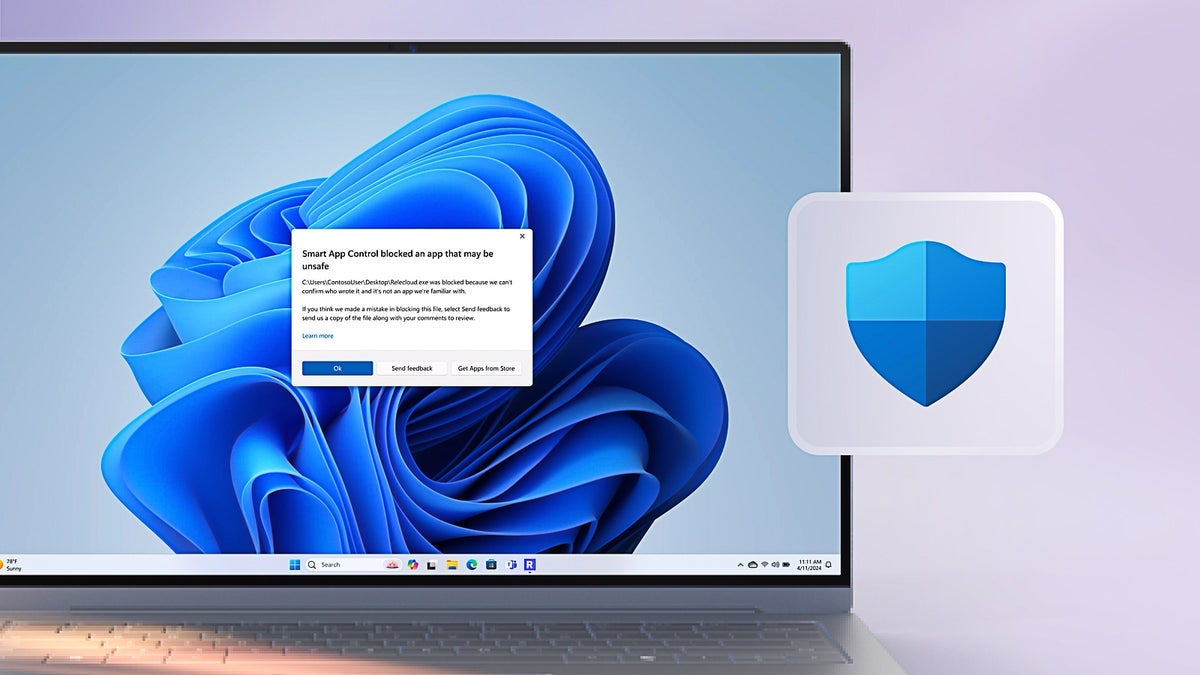







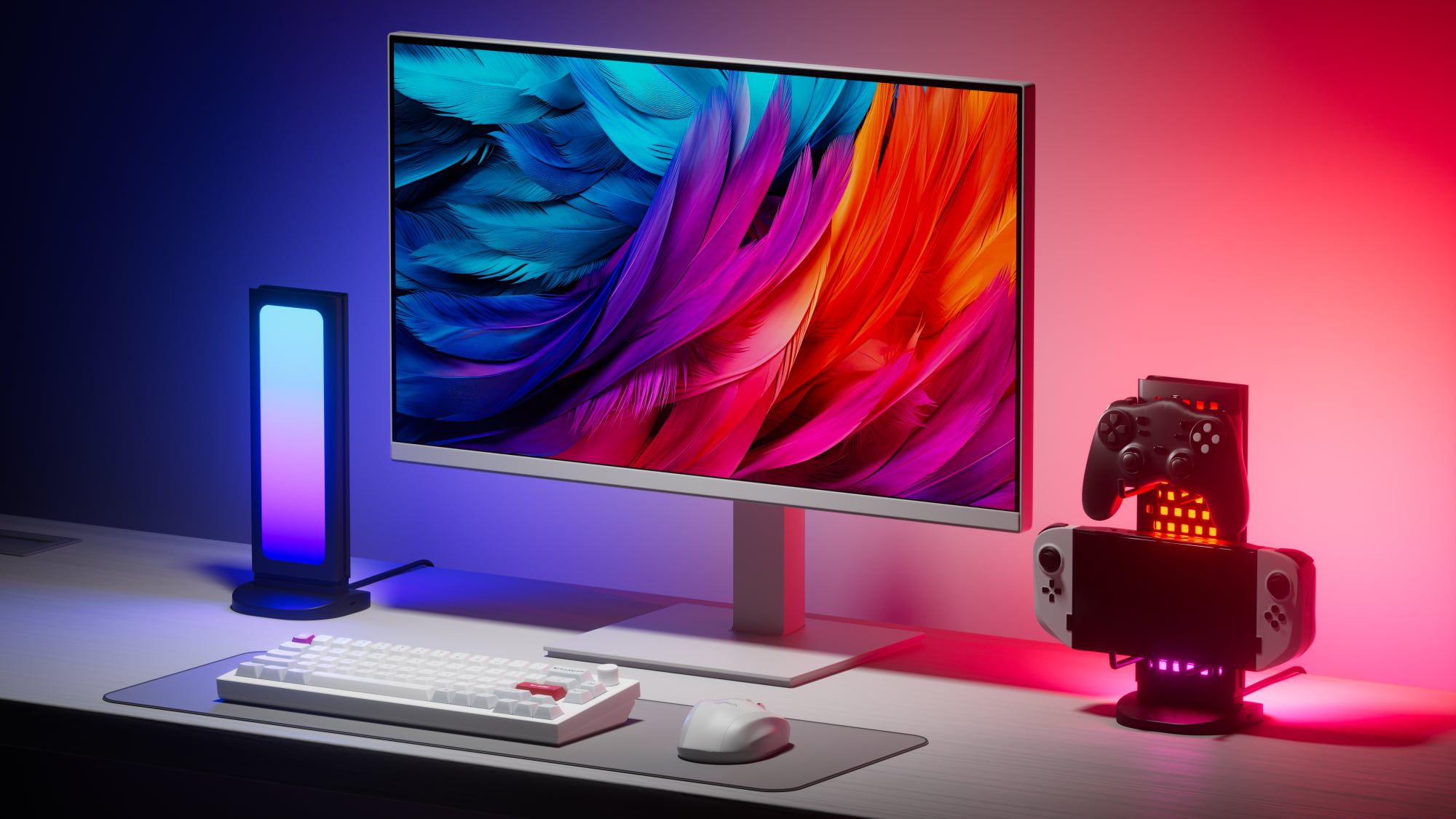























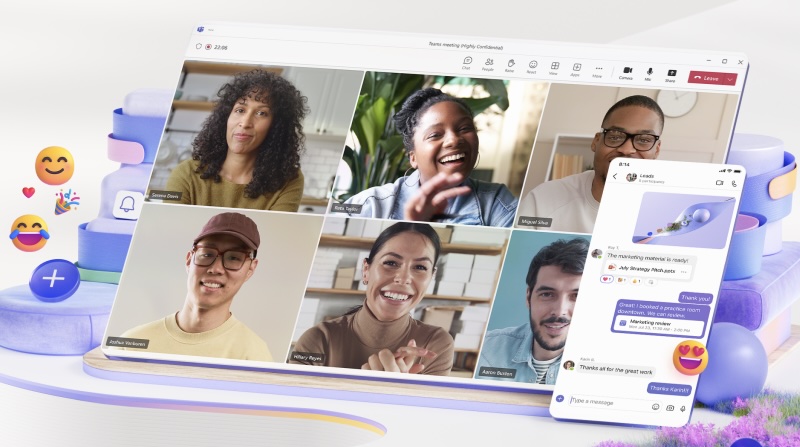












![Apple to Split Enterprise and Western Europe Roles as VP Exits [Report]](https://www.iclarified.com/images/news/97032/97032/97032-640.jpg)
![Nanoleaf Announces New Pegboard Desk Dock With Dual-Sided Lighting [Video]](https://www.iclarified.com/images/news/97030/97030/97030-640.jpg)
![Apple's Foldable iPhone May Cost Between $2100 and $2300 [Rumor]](https://www.iclarified.com/images/news/97028/97028/97028-640.jpg)



















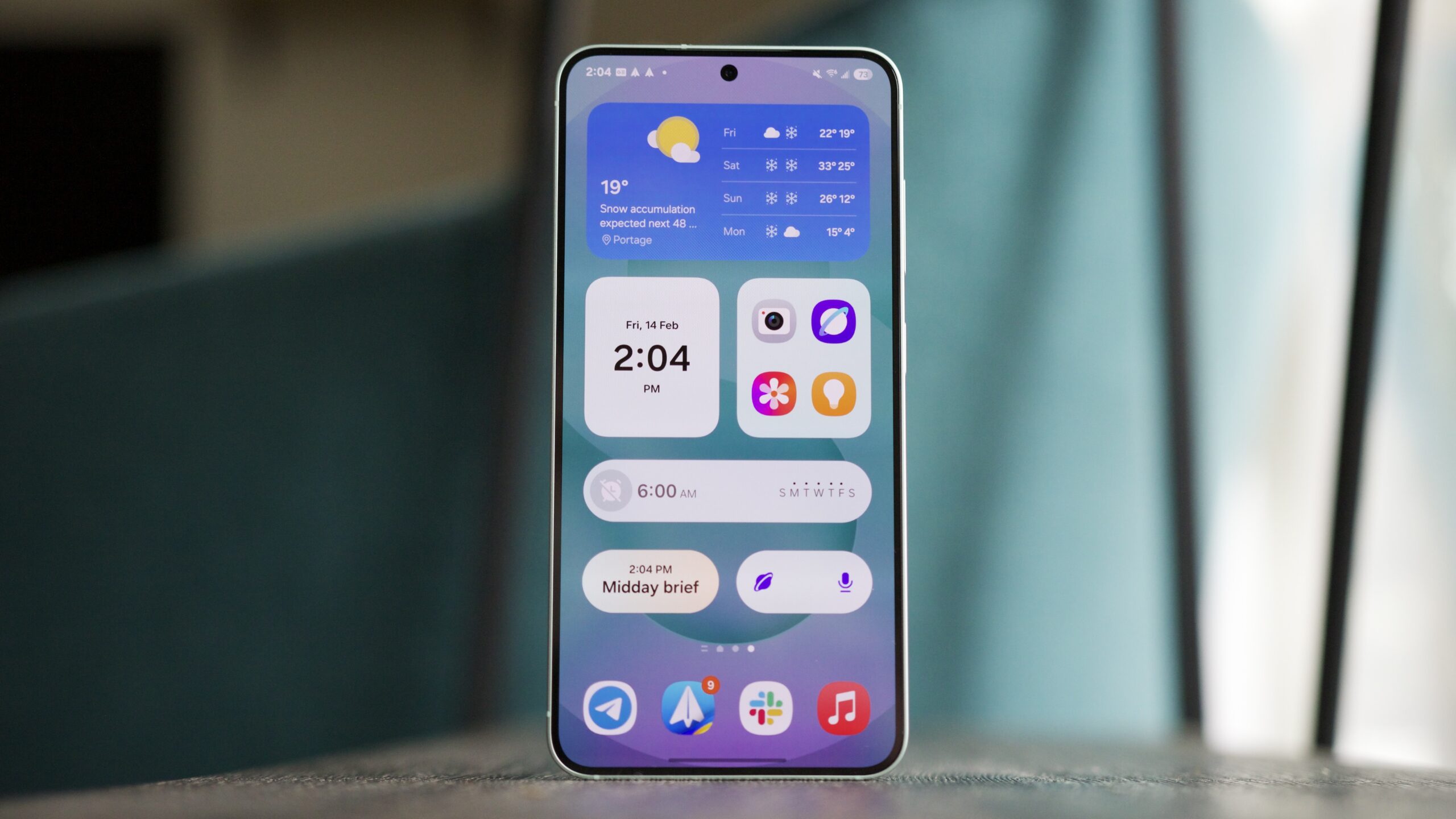


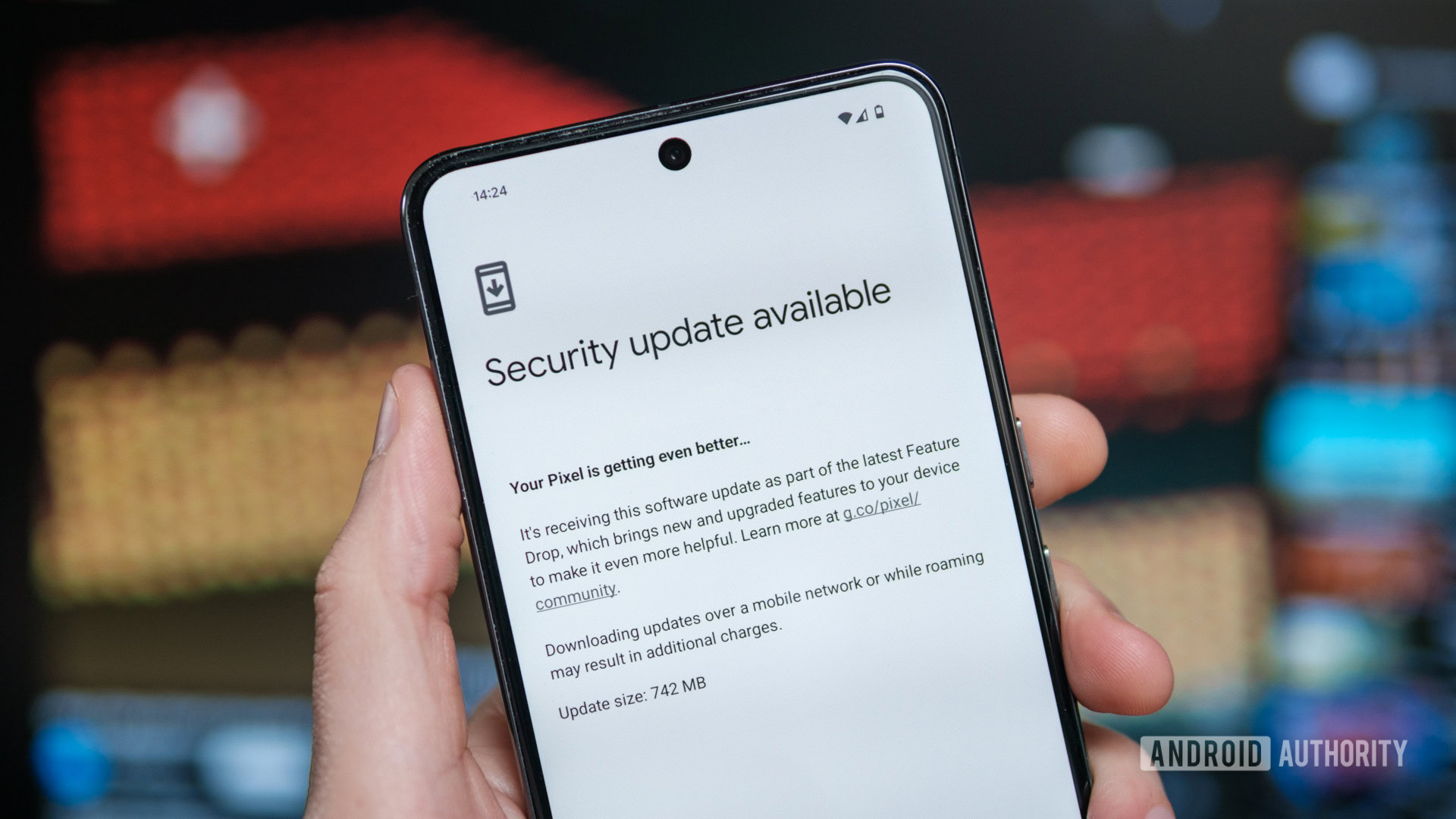





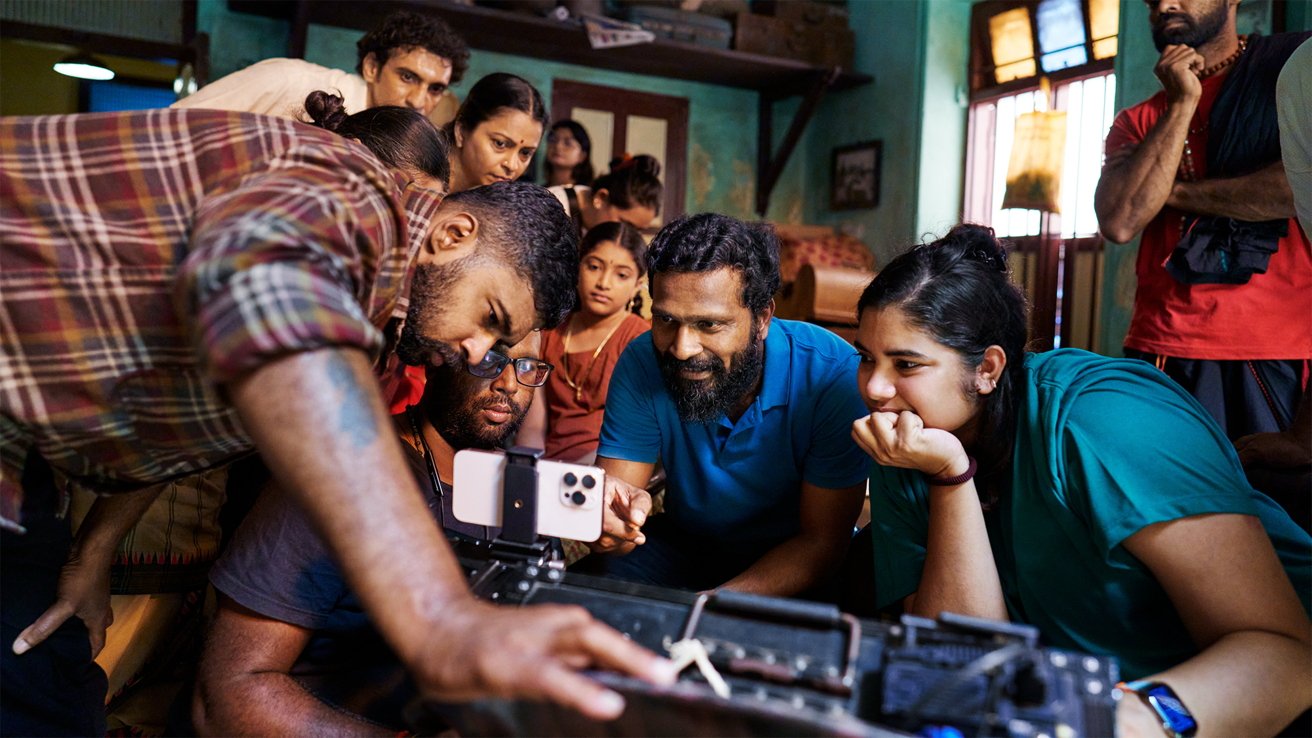
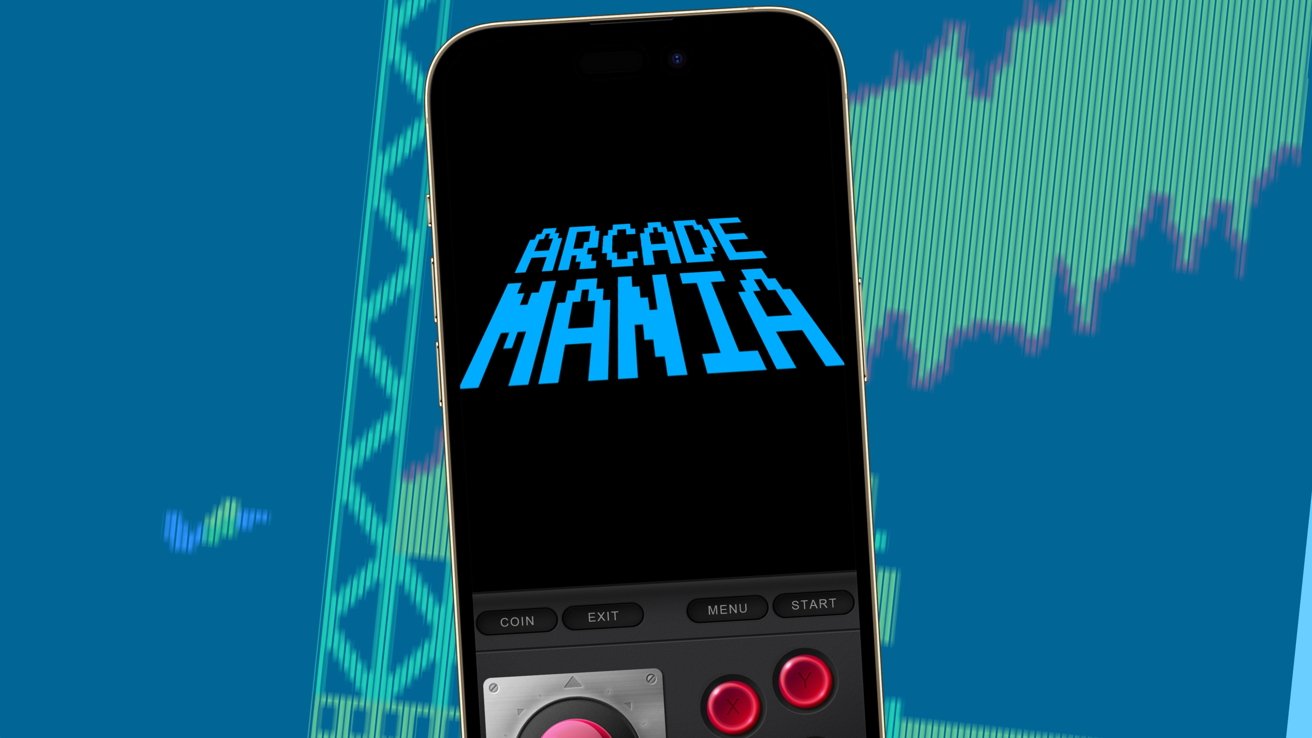



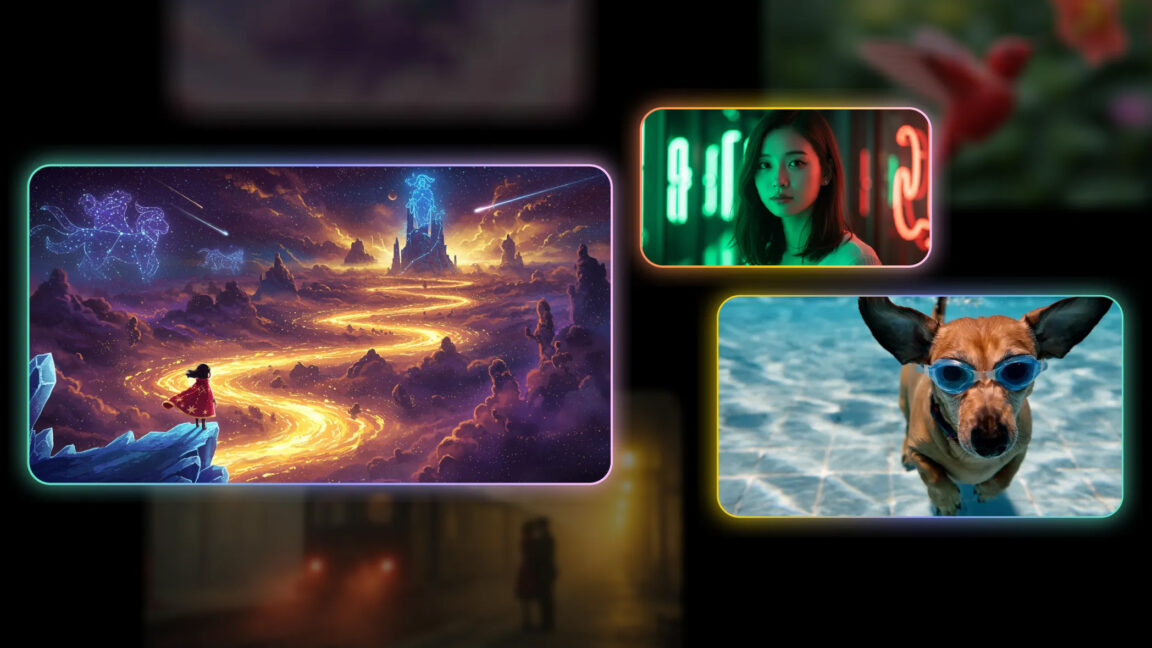




















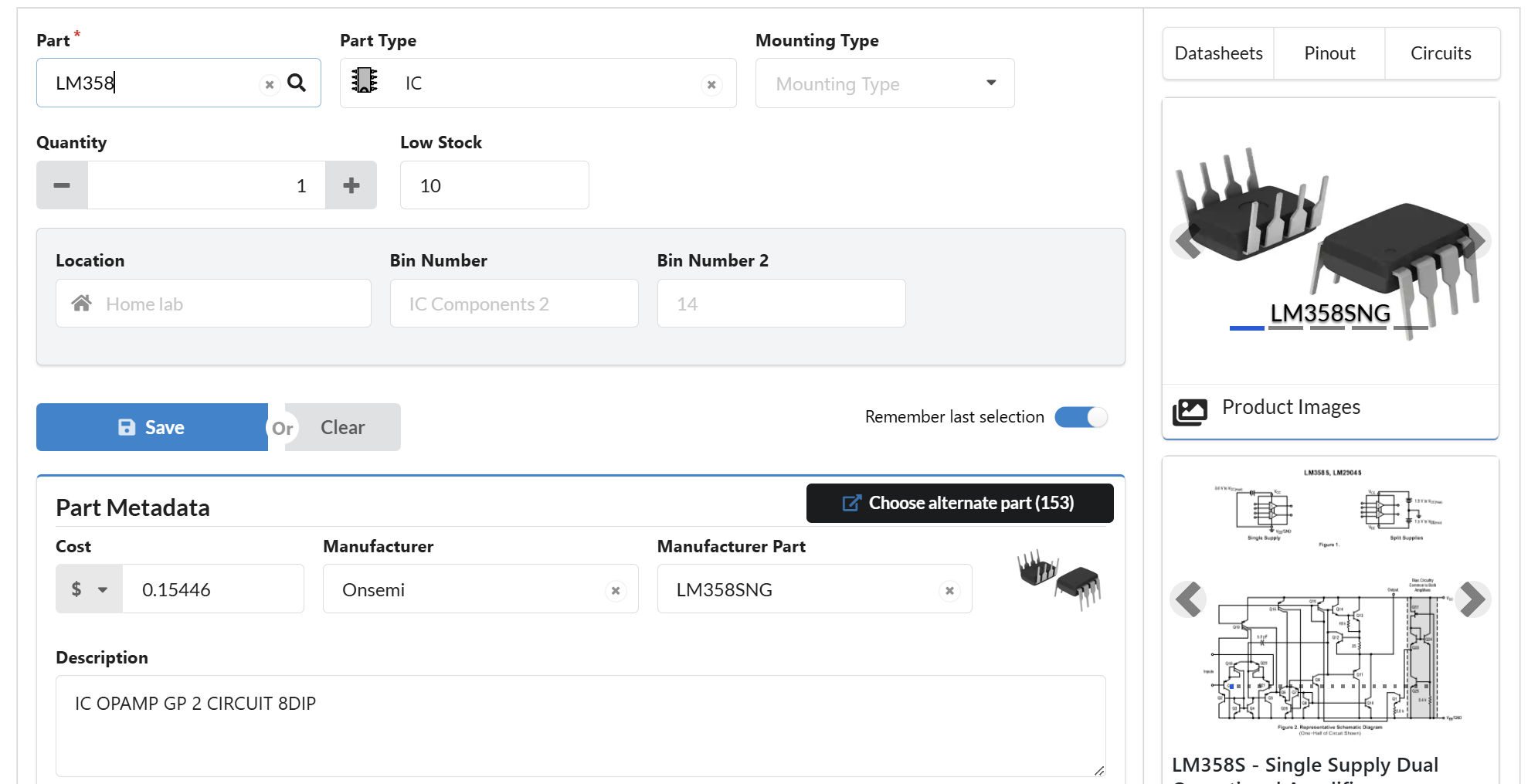
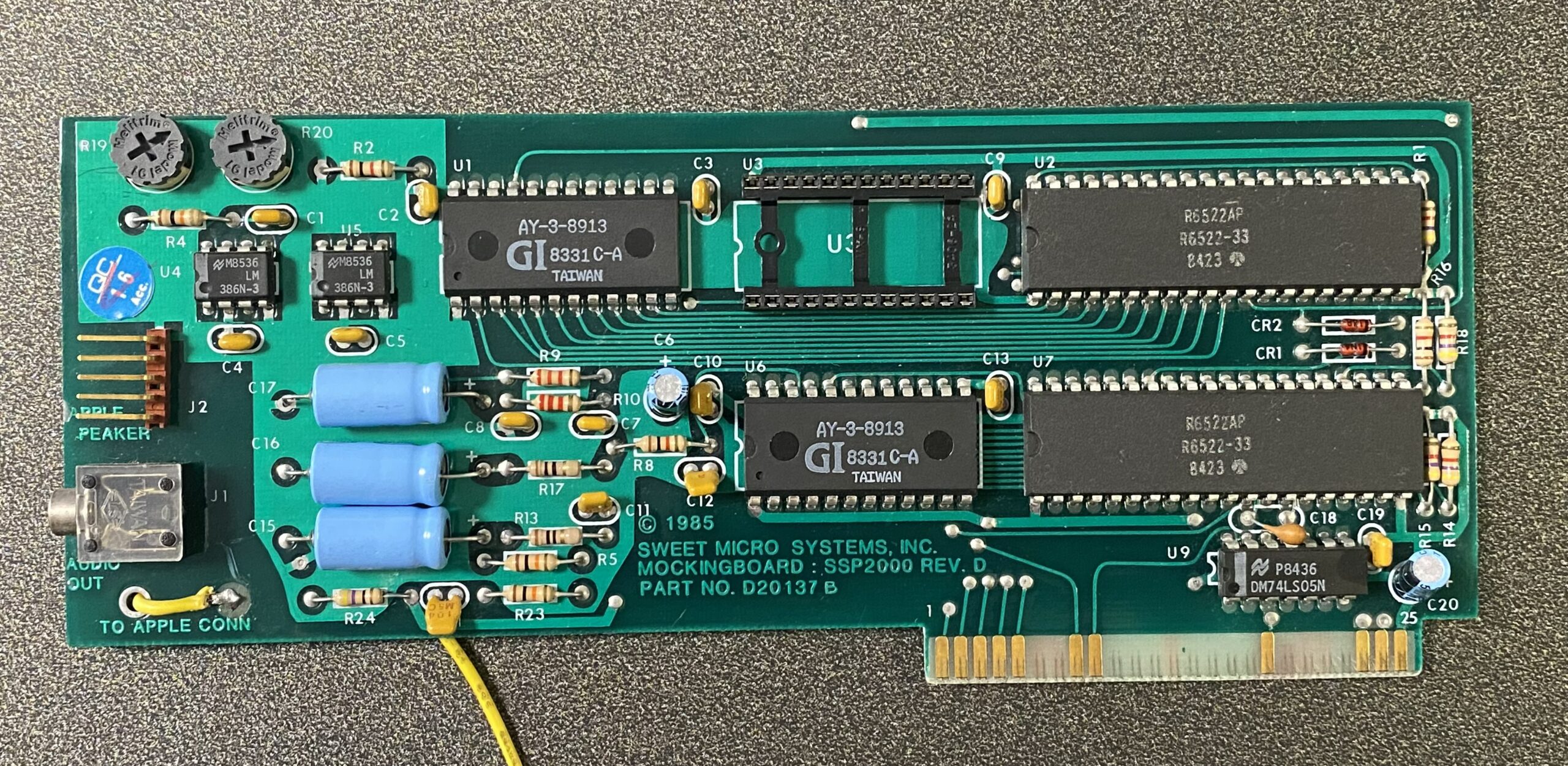
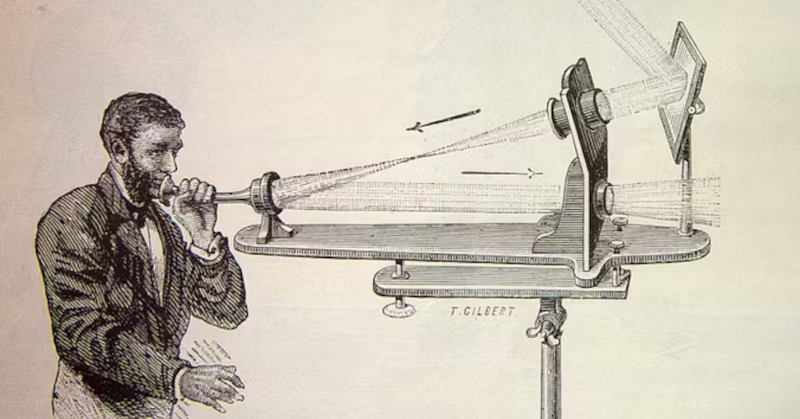
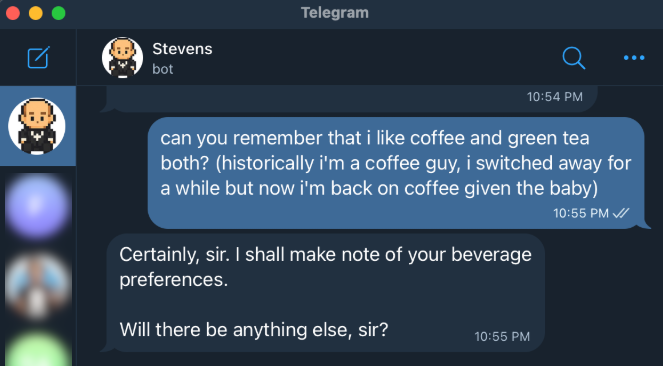














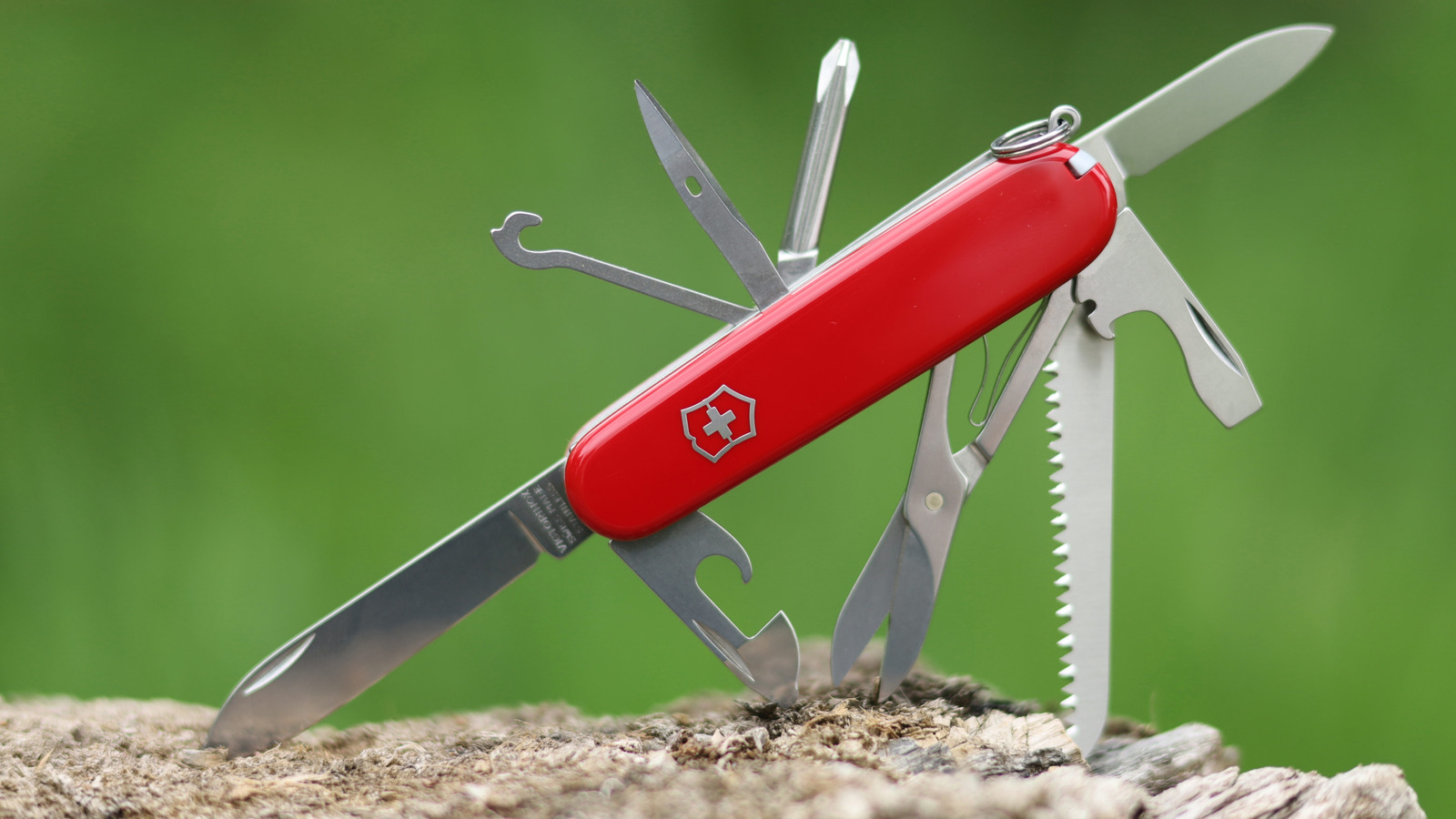































.webp?#)






















































































![[The AI Show Episode 144]: ChatGPT’s New Memory, Shopify CEO’s Leaked “AI First” Memo, Google Cloud Next Releases, o3 and o4-mini Coming Soon & Llama 4’s Rocky Launch](https://www.marketingaiinstitute.com/hubfs/ep%20144%20cover.png)





















































































































































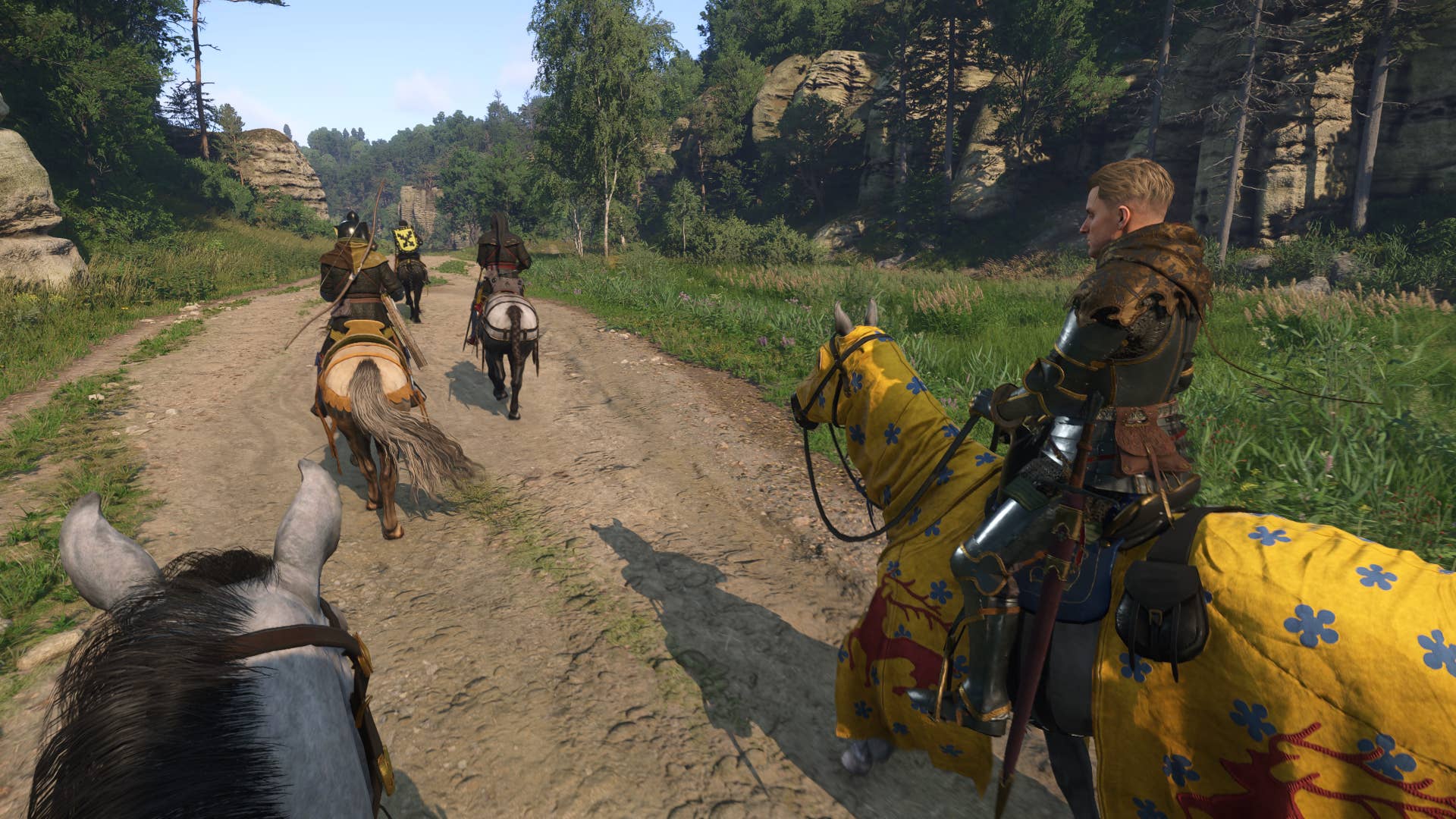












.png?width=1920&height=1920&fit=bounds&quality=70&format=jpg&auto=webp#)































